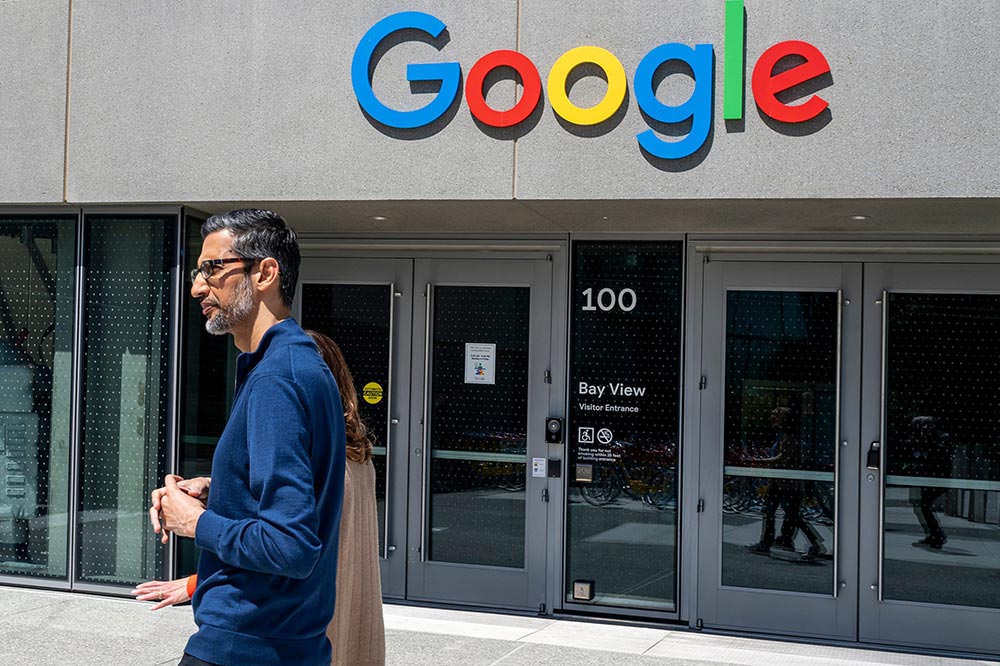On Thursday, Google requested that a judge, rather than a jury, decide whether it violated U.S. antitrust laws by monopolizing the technology behind online advertising.
To support its case, the tech giant made a multimillion-dollar payment to the U.S. government, which it claims nullifies the government’s strongest argument for requiring a jury trial.
The antitrust case, set for a jury trial in Alexandria, Virginia, in September, is one of two significant lawsuits the Justice Department has filed against Google. While the Virginia case addresses advertising technology, an ongoing case in the District of Columbia focuses on Google’s search engine dominance.
In the D.C. case, both parties have presented evidence and delivered closing arguments, and a judge will decide whether Google broke the law.
Google seeks a similar judicial decision for the Virginia case, arguing in court papers filed Thursday that it’s unprecedented for a jury to adjudicate a federal antitrust case brought by the government. The company asserts that the case involves a “complicated, intricate technology ecosystem,” which the DOJ has admitted is “highly technical, often abstract, and outside the everyday knowledge of most prospective jurors.”
A Department of Justice spokesperson did not immediately respond to a request for comment on Thursday evening.
Google, headquartered in Mountain View, California, presents two main arguments against a jury trial. First, it argues that the constitutional right to a jury trial does not apply to civil suits brought by the government, stating that this right “protects citizens against the federal government, not the other way around.”
However, Google acknowledges that the Justice Department has a stronger case for a jury trial when it seeks monetary damages rather than just equitable relief, such as forcing Google to divest parts of its advertising technology.
In the Virginia case, the DOJ seeks monetary damages on behalf of federal agencies, including the Army, claiming they overpaid for online ads due to Google’s monopolistic practices.
Google contends that the DOJ added the damages claim last minute solely to secure a jury trial. According to Google’s statement, the DOJ “manufactured a damages claim at the last minute in an attempt to secure a jury trial in a case even they describe as ‘highly technical’ and ‘outside the everyday knowledge of most prospective jurors.’”
Google’s Thursday filing revealed that the company has paid the government an amount triple the claimed losses. The exact amount is redacted, but other court documents indicate that the maximum damages demonstrated by the government during discovery were less than $1 million. With antitrust damages allowed to be tripled, the payment would be under $3 million.
While Google disputes the legitimacy of these damages, it argues that paying them eliminates the need for a jury to decide the damages issue.
Despite claiming it’s unprecedented for a jury to decide a government antitrust suit, Google has faced jury trials in antitrust cases brought by private companies. Last year, a San Francisco jury ruled in favor of Epic Games, the maker of Fortnite, in a case against Google over the Google Play store. In that instance, Google’s attempt to switch to a bench trial at the last minute was unsuccessful.



